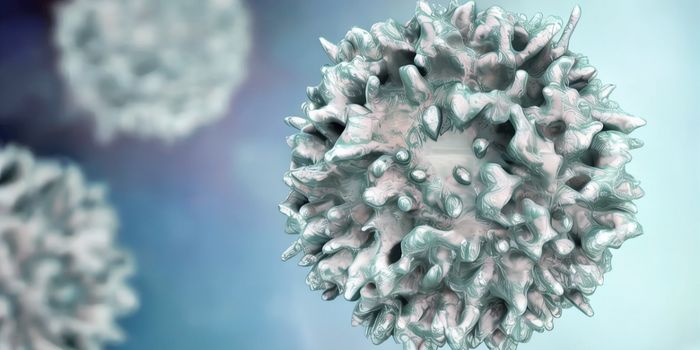
The drugs block several key cancer-causing proteins simultaneously
A powerful new group of cancer drugs formulated to hinder several key cancer-causing proteins simultaneously may be able to treat deadly skin cancers, according to a new study.
Drugs on the market today target defective versions of BRAF protein, which drives about 50 percent of all melanomas (the most serious type of skin cancer). These drugs work at first, but are then thwarted by the disease. "Melanomas often respond initially to the current generation of treatments, but they inevitably acquire resistance to them, and there is a desperate need for more effective options," says study co-leader Caroline Springer, PhD, professor of biological chemistry, The Institute of Cancer Research, London. "Our new inhibitors are the first in a new family of drugs that attack cancers without allowing them the get-out clause of drug resistance, by blocking multiple cancer proteins at once. We are very hopeful that clinical trials from this series of new inhibitors will begin very soon-and that they will ultimately become new first- or second-line options for patients who, at the moment, exhaust all the available treatments and end up with fatal disease."
The BRAF gene manufactures a protein called B-RAF, which plays a role in sending signals in cells and in cell growth. In several types of cancer this gene may be mutated, which brings about a change in the B-RAF protein-which can augment the growth and spread of cancer cells. panRAF inhibitors, the new cancer-fighting drugs, may be useful for patients with melanoma who have evolved a resistance to BRAF inhibitors.
The Wellcome Trust and Cancer Research UK underwrote the study, which was led by scientists at The Institute of Cancer Research, London, and the Cancer Research UK Manchester Institute. The study, which was recently published in the journal Cancer Cell, can be found here: bit.ly/1vIeRey
The new drugs, provisionally named CCT196969 and CCT241161, shut down the growth of BRAF-driven melanomas, including those that had ceased to respond to today's BRAF-targeted drugs; stop tumor growth in cancers in which BRAF-targeted drugs had never been effective, as happens in about one-fifth of cases; and also target both BRAF and the growth pathways that the cells come to rely on when they become resistant, according to the researchers.
"Our laboratory study showed that these new drugs deliver multiple blows to cancer by hitting several cell survival routes at once," says study co-leader professor Richard Marais, PhD, director, Cancer Research UK Manchester Institute, based at The University of Manchester. "It's a step on from the drugs that are currently available, which can't multitask in this way."
The next step is testing this family of drugs in clinical trials to establish that they are safe and effective in cancer patients, potentially offering urgently-needed new treatments for patients who have run out of options, Marais says. Clinical trials with patients are expected in 2015.
There have been an estimated 76,100 new cases of melanoma in 2014 in the United States and 9,710 deaths, according to the National Cancer Institute.
Image: 3-D structure of a melanoma cell derived by ion abrasion scanning electron microscopy. [Image courtesy Sriram Subramaniam, National Cancer Institute]
 The drugs block several key cancer-causing proteins simultaneously
The drugs block several key cancer-causing proteins simultaneously







